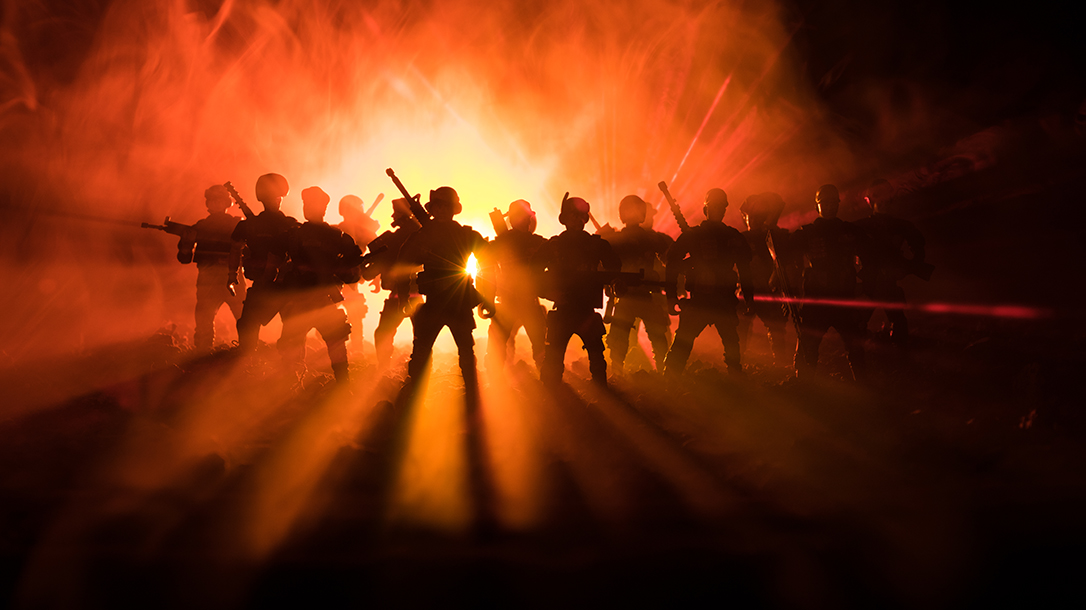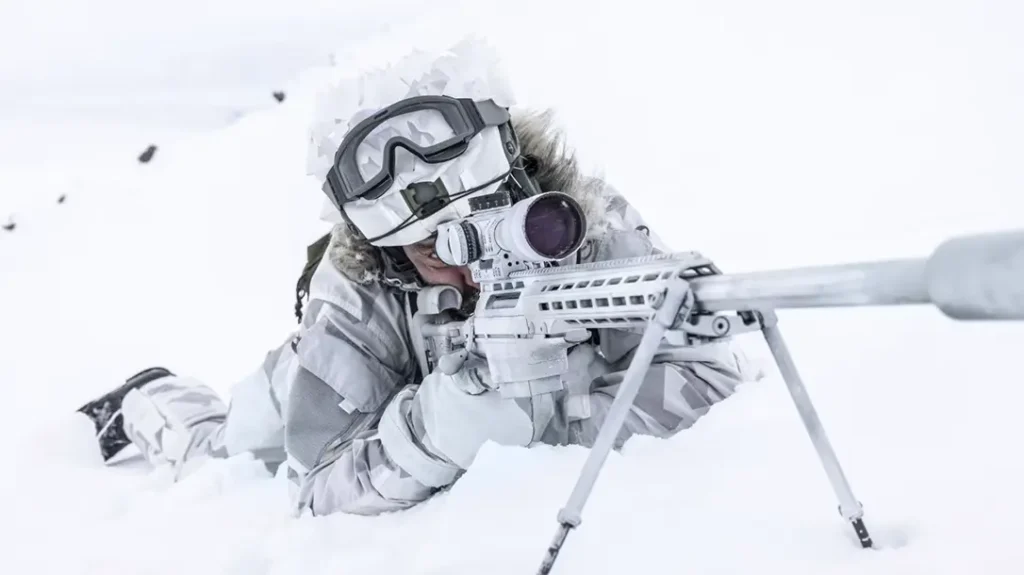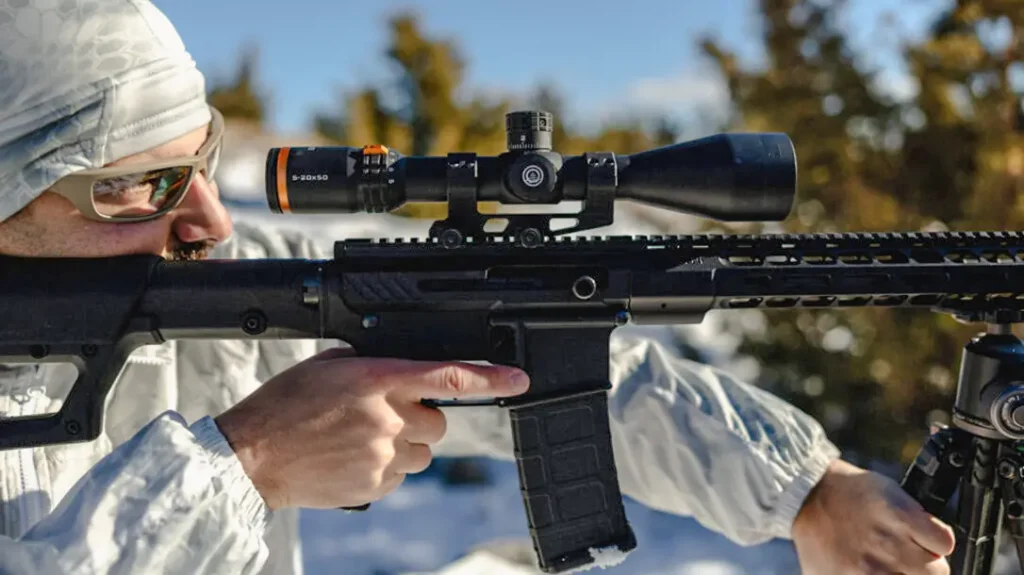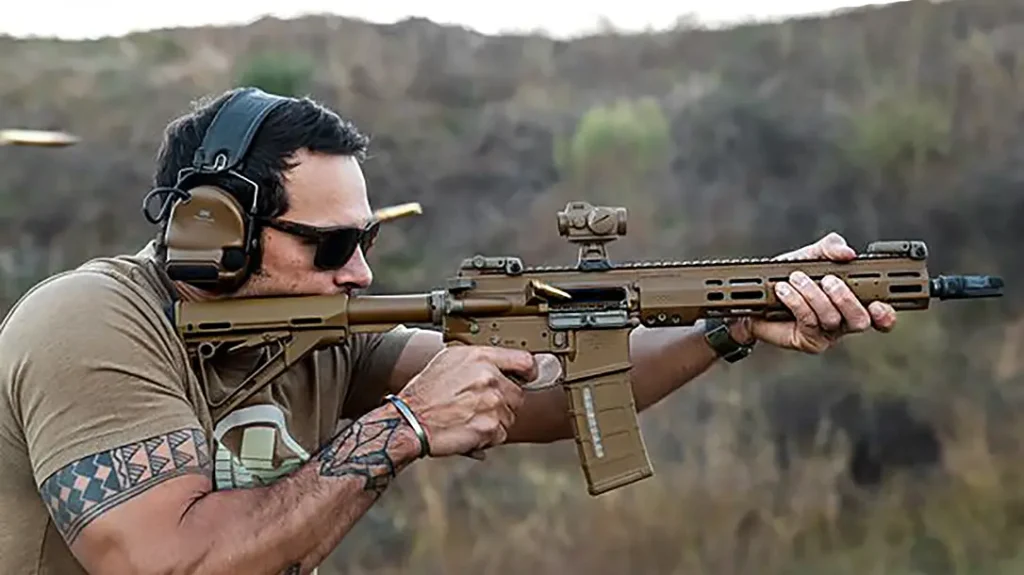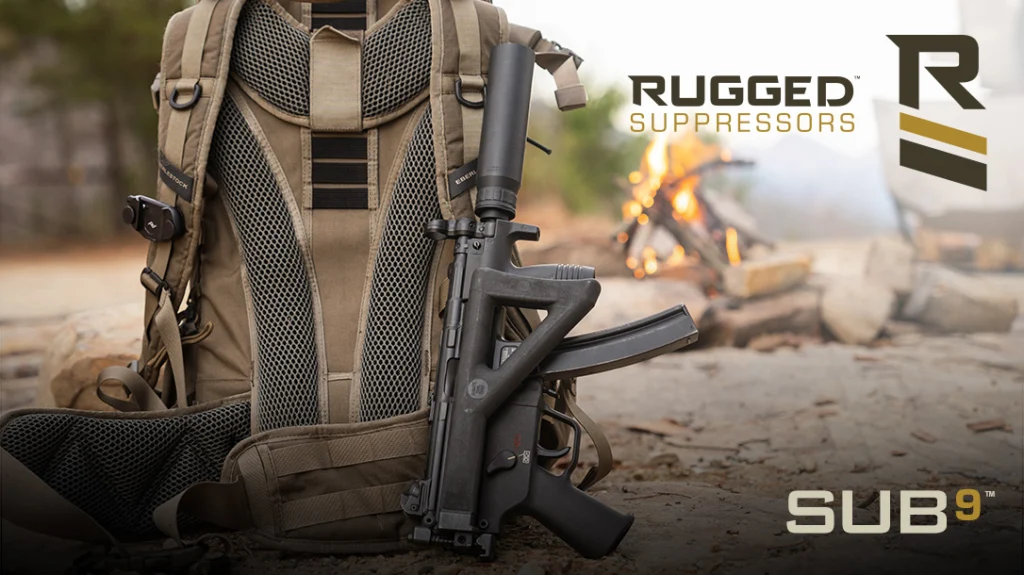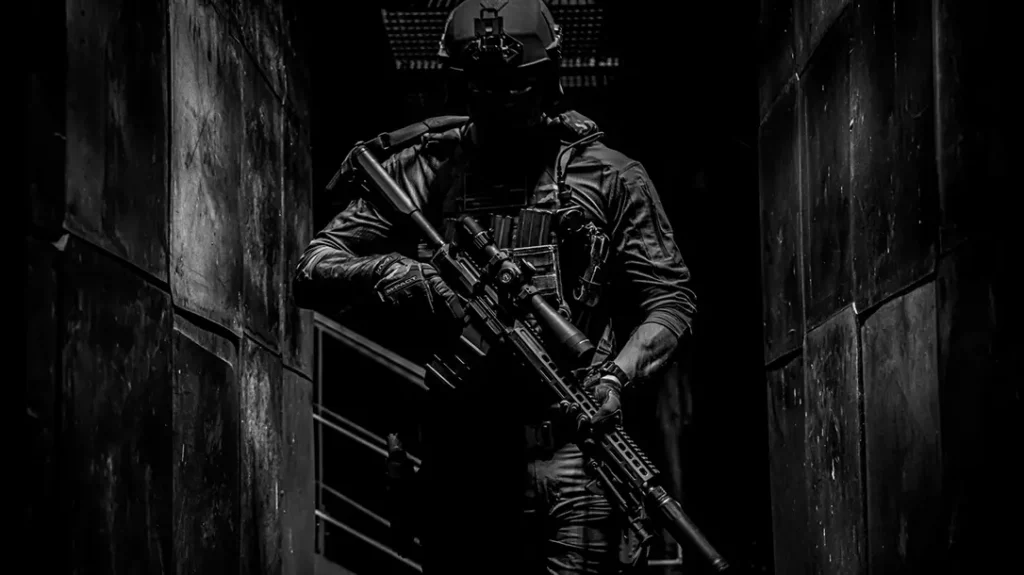First, humorous memes about washing hands and hoarding toilet paper made the rounds on social media. Then sports events and concerts were canceled amid concerns of large groups of people congregating together. The NBA postponed its season, followed by the NHL. Disneyland closed for the first time since 2001 (and before that, 1963). Schools closed. Churches suspended service. Grocery stores are limiting their open hours. The entire country of Italy is on lockdown. New York and California—two states with the highest concentrated number of infected—have restricted restaurants to takeout and delivery only. Many counties in those states have issued shelter-in-place mandates, while even more draconian measures could be forthwith: maybe curfews at night or suspending civil liberties under martial law, which would mean the very act of leaving home for any reason, save a few, would be treated as a crime.
Martial Law in America — Where We Stand Now
Though California governor Gavin Newsome said on Tuesday that there wouldn’t be a need for martial law, he didn’t exactly discount it: “If you want to establish a framework of martial law, which is ultimate authority and enforcement, we have the capacity to do that, but we are not feeling at this moment that is a necessity.” The apt phrase here is “at this moment.” The government might not have a need for it this week, but who knows what will transpire in the days and weeks to come. Of course, rumors and misinformation about what martial law entails has been circulating since early March, even provoking Florida Senator Marco Rubio to complain on Twitter about it, requesting that people “please stop spreading stupid rumors about marshall law. COMPLETELY FALSE.” What was also false was his spelling of martial law.
Then, What is Martial Law?
Under the strictest terms, martial law is when the government replaces civil law with military authority. This means that the United States government can use the military to enforce its will upon the populous. The military becomes the primary law enforcement agency. Under martial law, normal Constitutional freedoms and liberties (think: Bill of Rights) are suspended. On a Federal level, only the President and Congress has the ability to declare martial law, and those states that specifically ordain it in their constitutions are allowed to declare it as well.
Advertisement — Continue Reading Below
What Rights Are Suspendable?
Based on examples of previous declarations, martial law would be a suspension of portions of the Constitution, specifically the Bill of Rights. The confiscation of firearms, the suspension of Habeas corpus (due process), travel restrictions, road closures, strict quarantine zones, and automatic search and seizures without warrants.
Previous Uses
One doesn’t have to look far to find examples of martial law in the United States. One of the first instances was in 1814 before the Battle of New Orleans. Andrew Jackson imposed martial law in a four-mile radius around the city. Strained tension between the Utah territory and the Federal government in 1857 (known as the Utah War) led Utah Governor Brigham Young to declare martial law for the entire territory under the fear that U.S. troops were poised to attack. Young was removed from office.
Chicago mayor Roswell B. Mason declared martial law after the 1871 Chicago Fire and placed General Philip Sheridan in charge of the whole city. The mayor lifted it after only a couple of days. The same thing happened in 1906 after the San Francisco Earthquake. U.S. troops were called in and houses were dynamited to help quell the fire (it made the fire worse).
Advertisement — Continue Reading Below
The longest period of martial law took place after the attack on Pearl Harbor and lasted until October 1944. A Federal judge later claimed that the U.S. Army “…threw the Constitution into the discard and set up a military dictatorship.”
However, during natural disasters, like Hurricane Katrina, guns and supplies were confiscated, people were forcibly removed from their houses, and property was searched without warrants. Remember when the Boston bombers were hiding out in a Boston neighborhood? The police didn’t issue any warrants, but they certainly searched houses, sometimes against the permission of their owners.
How Likely Is Martial Law Under the COVID-19 Pandemic?
In 2006, President George W. Bush signed the John Warner National Defense Authorization Act. It revised the Insurrection Act, expanding the President’s authority to declare martial law so he can take charge of National Guard troops without authorization of the states. Nine years later, President Barrack Obama assembled a task force to create guidelines for a national police.
Advertisement — Continue Reading Below
The government doesn’t always have to outright declare martial law. A “soft” declaration of martial law can slowly seep into play without much fanfare or announcements, especially in the wake of a disaster such as COVID-19. For example, “I would call out the military now,” former Vice President Joe Biden said at the Democratic primary debate on March 15. “They have the ability to provide this surge that hospitals need. They have the capacity to build 500 hospital beds and tents that are completely safe and secure.” New York Governor Andrew Cuomo suggested, “At this point, our best hope is to utilize the Army Corps of Engineers to leverage its expertise, equipment and people power to retrofit and equip existing facilities — like military bases or college dormitories — to serve as temporary medical centers,” he wrote.
Although both of these examples are for well intentioned reasons, they are, technically examples of martial law.
What to Expect Under Martial Law?
If the government declares full-blown martial law on a national or even local level, the worse-case scenario will be an environment where the Constitution no longer exists. You will have no rights, to the extent that if you speak out against the government, you will face serious consequences. There will be no free press, only propaganda controlled by the government. Further, expect guns confiscation. The right to assemble denied. Expect checkpoints and tightly controlled travel. The government could also lock the boundaries of your town.
Advertisement — Continue Reading Below
Might this all sound like extreme circumstances, and how could a government based on freedoms and generations of liberty do such a thing. The government will do what is necessary to maintain peace and order during times of National Emergencies. Don’t believe it could happen to you? Ask the 120,000 Japanese-Americans who were denied their freedom, property, and way of life under Executive 9066 in 1942 to 1945.
